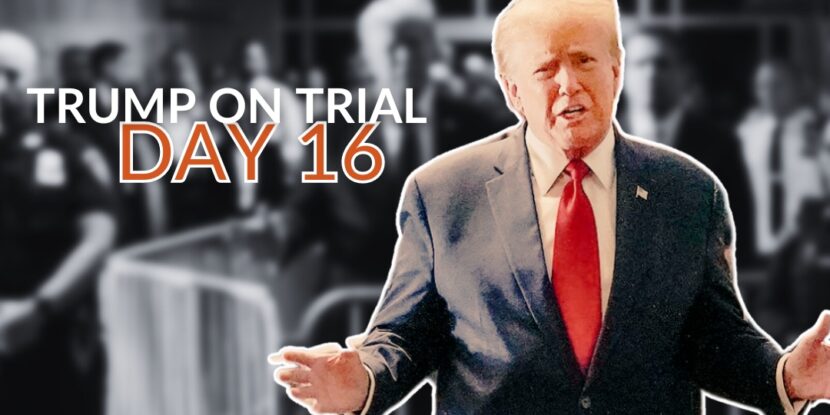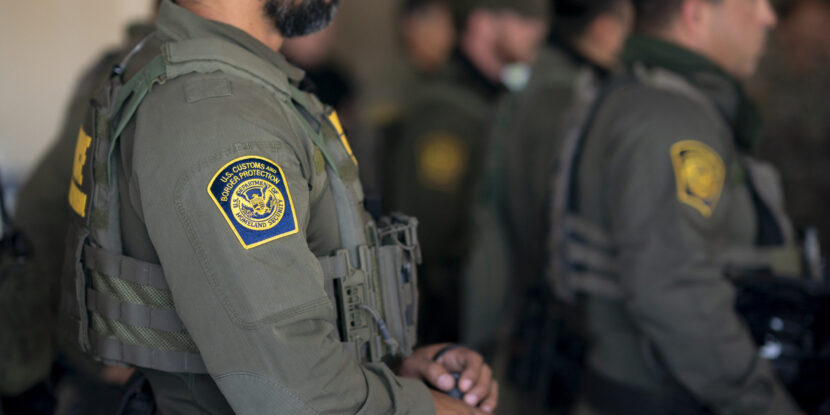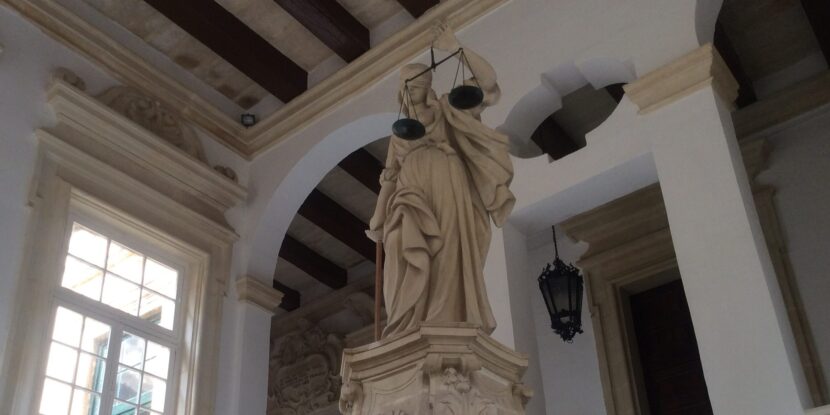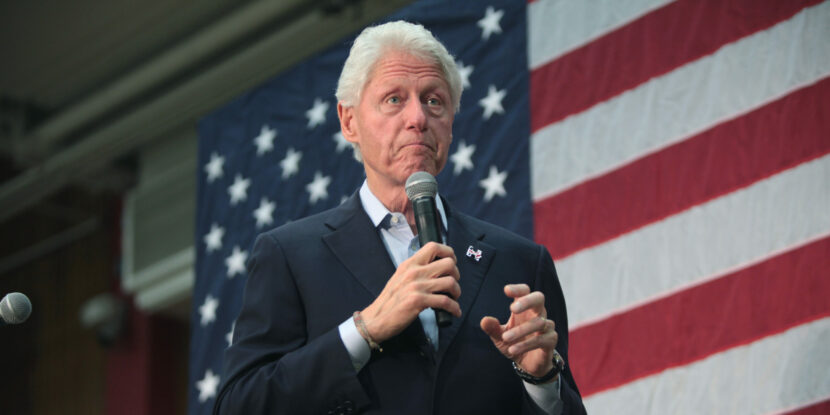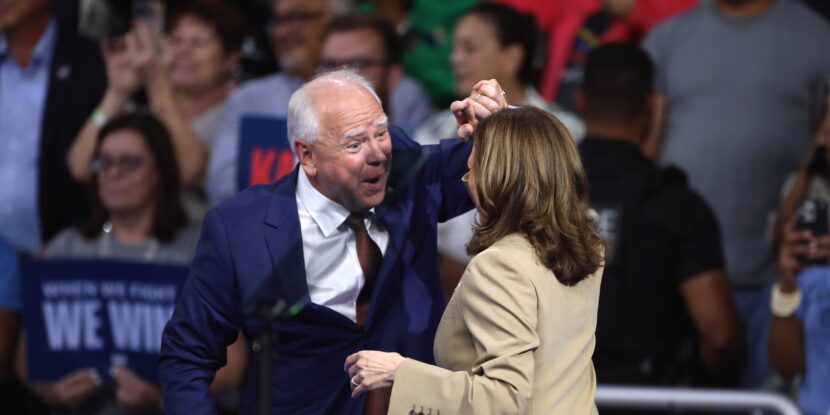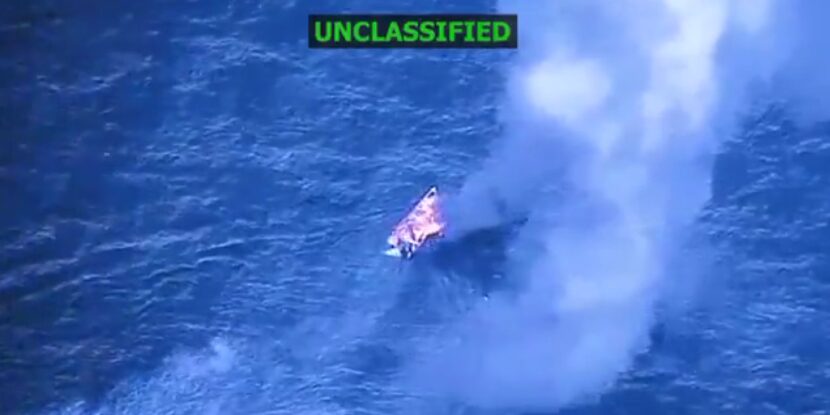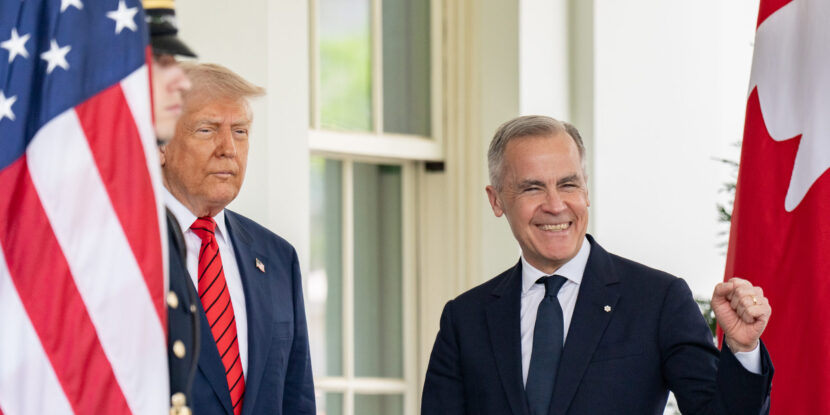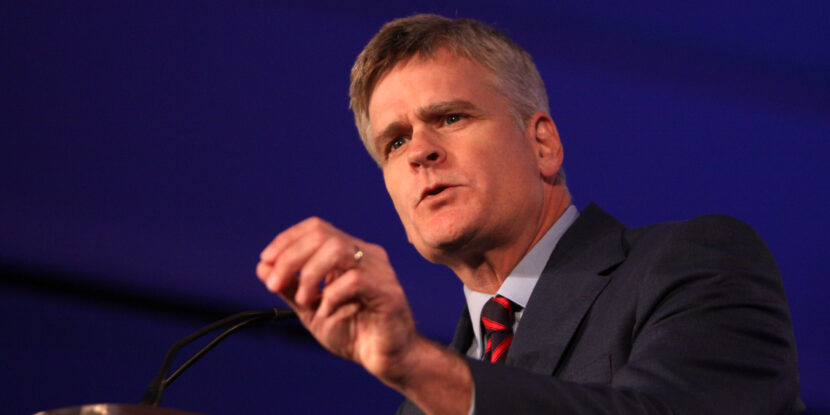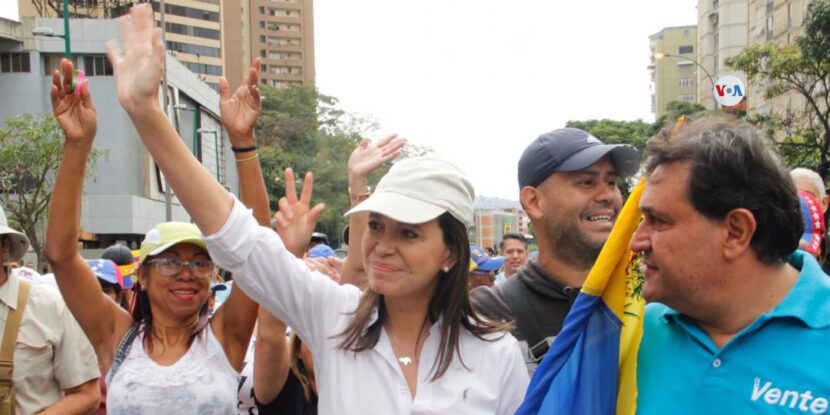The sixteenth day of former President Donald J. Trump‘s Manhattan-based hush money trial ended well before noon as defense witness Robert Costello‘s cross-examination by prosecutors concluded, and the defense rested their case after a brief redirect. While Costello’s testimony lacked the fireworks seen Monday afternoon — where Judge Juan Merchan cleared the entire courtroom at one point — the former legal adviser to Michael Cohen delivered a few parting blows to his former client’s claims.
Following Costello’s testimony, representatives for the prosecution and defense met in conference with Judge Merchan for a lengthy debate on what instructions the jury would receive ahead of their deliberations.
COSTELLO PART II.
Costello’s cross-examination by prosecutor Susan Hoffinger continued Tuesday morning. Kicking off her questioning, Hoffinger pressed Costello on whether disgraced lawyer Michael Cohen ultimately retained his law firm. The former federal prosecutor and defense attorney acknowledged that Cohen eventually hired a different firm to represent him.
Hoffinger showed the jury a 2018 email in which Cohen asked Costello to stop contacting him. It read: “Gentleman, Please cease contacting me as you do not and have never represented me in this or any other matter. Your interest and offers to become part of the team and to serve as a contact was subject to existing counsel, Guy Petrillo (cc’d) approval, which was denied.”
COSTELLO AND GIULIANI.
Pressing on, Hoffinger zeroed in on the 2018 Regency Hotel meeting between Michael Cohen and Robert Costello. Cohen previously testified that Costello had asked him during that meeting how he was connected with former New York City Mayor Rudy Giuliani.
“That’s not true,” Costello replied to Hoffinger. He added that Cohen‘s relationship with Giuliani did come up at a later meeting between the two. Hoffinger went on to confirm with Costello that Giuliani was a guest at his wedding.
The prosecution next presented Costello and the jury with an email on April 19, 2018, in which Costello informed Cohen that Giuliani was joining the Trump legal team. “I am sure you saw the news that Rudy is joining the Trump legal team. I told you my relationship with Rudy which could be very very useful for you,” he wrote to Cohen. Hoffinger also produced an email between Costello and Jeff Citron, where the former wrote: “All the more reason for Cohen to hire me because of my connection to Giuliani, which I mentioned to him in our meeting.”
Costello acknowledged he authored both emails.
MERCHAN’S RULING SNAGS COSTELLO.
Yesterday, Judge Merchan ruled that Robert Costello’s testimony would be limited to rebutting two specific claims made by Michael Cohen and that further elaboration was out of the scope of the trial. The dubious ruling prevented Costello from going into detail regarding his communications with Cohen, allowing prosecutors to undermine Cohen‘s former legal adviser to a degree on Tuesday.
Hoffinger presented Costello with another email in which the latter refers to a “backchannel.” She asked him if he pushed to represent Cohen to serve as a backchannel between the disgraced attorney and former President Donald Trump. Costello denied the accusation.
“That was your email to Michael Cohen?” Hoffinger asked, with Costello replying, “Yes.” Pushing further, the prosecutor asked Costello: “The email speaks for itself, right sir?”
Sensing an opportunity to trip up the prosecution and widen the scope of his testimony, Costello replied, “No, not quite. There are circumstances about that email which I would be delighted to tell you.”
Unfortunately, Hoffinger quickly responded, “That’s alright; let’s move on to the next one.” The exchange earned laughs in the courtroom.
AN EMAIL PROBLEM?
The prosecution continued to hammer at Costello using a series of 2018 emails he sent regarding the possibility of representing Cohen. In a May 15, 2018, email presented by Hoffinger, Costello wrote: “Our issue is to get Cohen on the right page without giving him the appearance that we are following instruction from Giuliani or the president. In my opinion, this is the clear correct strategy.”
Pressed as to the meaning of the email, Costello replied, “No, not to follow instructions but to get everybody on the same page because Michael Cohen had been complaining incessantly that Rudy Giuliani was making statements in the press.”
Next, Hoffinger presented an email authored by Costello on June 13, 2018. “Since you jumped off the phone rather abruptly, I did not get a chance to tell you that my friend has communicated to me that he is meeting with his client this evening, and he added that if there was anything you wanted to convey, you should tell me, and my friend will bring it up for discussion this evening,” he wrote at the time.
“I was encouraging Michael Cohen, as I just explained to you in my previous answer, to express any of his complaints, and he had several, so that I could bring them to Giuliani, and get them worked out, whatever they were,” Costello explained to Hoffinger regarding the email’s contents.
After a few more moments discussing the emails and Costello’s rocky relationship with Michael Cohen, the prosecution ended the witness’s cross-examination.
A BRIEF REDIRECT.
Former President Trump‘s defense attorney Emil Bove engaged in a brief redirect with Costello on the stand. He asked Cohen’s former legal adviser, “Who first used the word backchannel?” Costello told Bove that Giuliani first used the term.
Circling back to the June 13, 2018 email, Bove asked Costello whether he thought he was pressuring Cohen. Bove specifically highlighted a line in the email reading: “You have the ability to make that communication when you want to. Whether you exercise that ability is totally up to you.”
“Was that pressuring Michael Cohen to do anything?” Bove asked. Costello replied: “No, not at all.”
“Did you ever pressure Michael Cohen to do anything?” Bove followed up. Costello responded: “I did not.”
Former President Donald Trump‘s defense team rested after presenting a two-hour case on Monday and Tuesday.
SUMMATION AND DELIBERATION.
After Trump’s defense team rested their case, Judge Merchan dismissed the jury for an entire week. The judge told jurors and counsel that summations — also known as closing arguments — would occur on Tuesday, following the holiday weekend. The jury — barring a dismissal of the case by Merchan — is expected to begin deliberations as early as next Wednesday.
“I’ve considered all the permutation… at the end of the day, I think the best thing that we can do is to adjourn now until next Tuesday,” Merchan said. He continued: “At that time, you will hear summations from the attorneys. Probably Wednesday I’ll ask you to come in … hear jury charge and then I would expect that you will begin your deliberations hopefully at some point on Wednesday.”
JURY INSTRUCTIONS.
Following a lengthy break, counsel for the prosecution and defense returned to the courtroom at 2:15PM for a jury instruction conference with Judge Merchan. Trump‘s defense attorney Emil Bove asked Merchan to include an instruction that any campaign finance violation must be “willful” in nature. He argued that omitting the instruction “would allow the jury to think about the predicate offense in civil terms.”
Matthew Colangelo, representing the precaution, countered: “The plain text of the statute provides that the election law conspiracy occurs when its intended results are executed through unlawful means. There’s no need to add the word willful.”
He added: “The other crime here is the election law violation, which becomes a criminal violation when two or more persons conspire to promote” a candidate for election by unlawful means.”
Judge Merchan, interjecting, noted that the charge of falsifying business records in the first degree “requires that there be an intent to defraud that includes the intent to commit another crime.” While Merchan did not rule immediately on the issue, he did appear inclined to agree with the defense.
Regarding whether the National Enquirer did publish articles and promote Karen McDougal as part of her agreement with them, Judge Merchan sided with the defense and included language about the tabloid’s “legitimate press function.”
CLARIFYING COHEN’S CRIMES.
In another win for Trump‘s defense, Judge Merchan agreed with the former President’s attorneys to strike proposed language from the prosecution that stated Cohen “participated in and was convicted of two crimes.” Instead, the instructions will read that Cohen “participated in crimes.” Removing the reference to “convicted” was important to the Trump team as they did not wish the former President to be implicated in Cohen’s 2018 conviction for tax fraud.
Judge Merchan also appeared inclined to side with the defense regarding language referring to the falsified business records. Specifically, Bove asked Merchan to strike the phrase “a person causes a false entry when…”.
“They could convict based on someone else causing a false entry and accessorial liability — basically causing the causer — where (for example, if) Allen Weisselberg caused someone to do something and then President Trump caused Allen Weisselberg,” Bove contended. He added: “It doubles up on accessorial liability.”
In addition, the defense pushed Merchan to use an expanded instruction on intent. Bove noted, that there is a “significant issue with instructing to the jury that intent to defraud could include defrauding the government and the voting public, based on the facts of this case.” While Merchan did not immediately rule, he appeared inclined to find a middle ground between the proposed defense and prosecution language.
Judge Merchan did rule against the defense’s request that jurors be instructed that hush money payments are not illegal. “I think that to take it to the next level and actually give an instruction to the bench is taking it too far. I don’t think it’s necessary,” he said.
You can read The National Pulse’s Day Fifteen trial coverage here, and if you find our work worthwhile, consider joining as a supporter.
